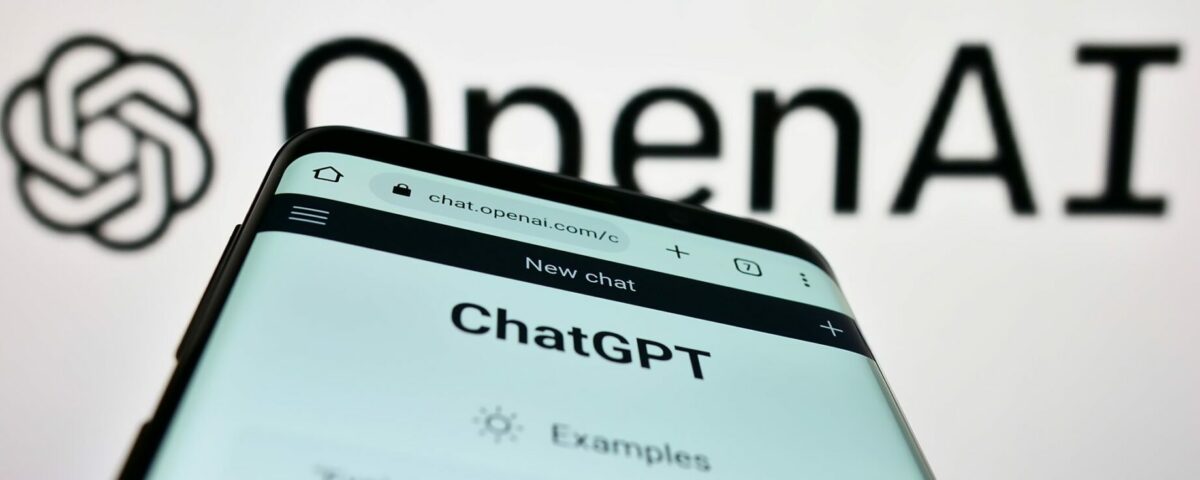AI, ChatGPT and Marketing â whatâs all the fuss about !

Cookie gate continuesâ¦.
9 March 2023
There has been an enormous amount of chatter about ChatGPT over the last few months within the marketing industry. Many have considered it to be as revolutionary as Facebook was in the early 2000’s
However, there is now a move towards a more cautious approach to this emerging wonder technology. There is a worry that if we are not careful, we might not be far away from something potentially dangerous. With so much at stake, last week, a bunch of tech leaders, including Elon Musk, wrote an open letter suggesting a pause to the development of any advanced AI, the latest version of Chat GPT (GPT-5) included until there was more agreement on basic principles and tighter controls. This was followed by the announcement that the UK Government has just launched a white Paper on the topic and the Italian Data Protection Regulator has banned access to OpenAI with immediate effect whilst they consider the impact on personal privacy.
As leaders in our field, what does PromoVeritas think about this important and emerging subject and how might it affect the promotional industry?
Well, as of this very moment, there are endless possibilities, multiple ideas, but not much real usage. The latest AI is able to generate artwork (Dall-e) and original ideas from a basic written brief, so we could see promotional ideas begin to be generated using it or even entire advertising campaigns based around the work done by it. However, as of today, the AI does not currently have the full functionality to replace the work that creatives and marketing professionals do as they exercise their craft. AI is largely based on existing material, available on the internet. So brave ideas, original thought, off the wall ideas, are not it’s thing. But further down the line, there may be more intelligence added, who can say, it may be able to move away from being an assistant, pulling together basic research for human consumption, to be the originator of the core creative spark.
Other potential roles for AI in marketing, include:
- Researching and summarising topics – instead of using Google to find the relevant link
- Drafting tailored emails to consumers
- Creating content for social media, copywriting for posts on social channels/website
- Coding – yes, AI with the right brief, will write computer code and check for issues and bugs semi-automatically
- Creating presentations – putting information and images into slides for pitches to clients
- Providing customer support – a chatbot for consumer queries
- Data analysis – providing insight and reports based on data
- Machine learnt judging – teaching it to use set criteria to assess entries, whether words or images
At PromoVeritas, a few years ago, we ran a competition for a large tech company, in which they wanted to use AI to judge the entries – photos of a chosen subject. The client was perhaps a little ahead of their time because the output that the tech was picking did not fit the judging criteria. The AI took a liking to very zoomed in, vibrant photos of flowers and animals. In the end, we had to put the top AI picks in front of a panel of human judges to give the fairest outcome and keep the promotion within the published terms. However, with the advancements made since then, using AI for entry judging could be a far more feasible option, even if it is only used to weed out the poor entries and create a shortlist of potential winners.
Summary
Currently the AI beast is too complicated and allusive for most of us to fully understand but it is not to be ignored. The AI of the future will be extremely powerful tool with multiple applications, but it is not yet time to fear for our jobs. Just the opposite, sensible agencies and brands will monitor progress, dip their toe into the AI pool and experiment until we really know what is possible.